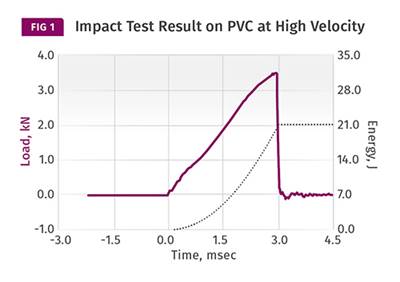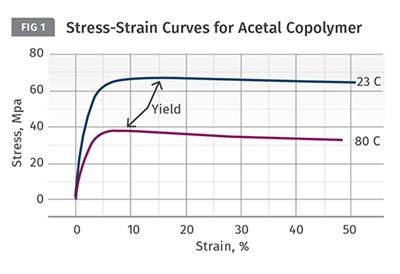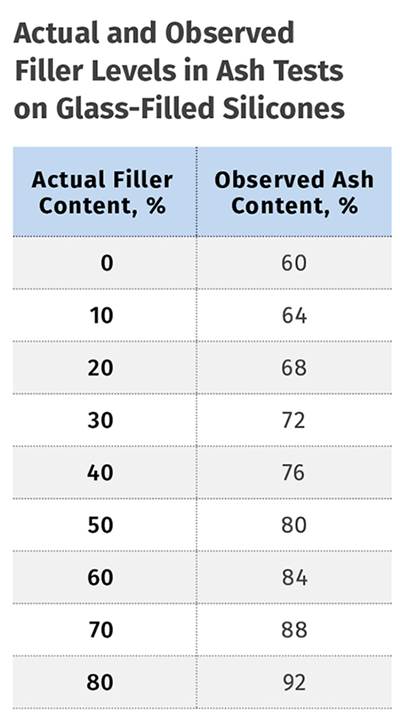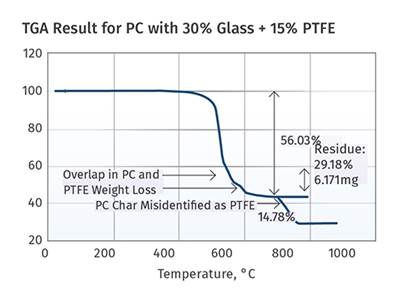Materials Know How
MATERIALS: The Problems with Single-Point Data, Part 7
The industry can choose between continuing to perform DTUL tests that provide single points that are part of a curve never seen, or perform the test that provides the entire curve.
Read MoreMATERIALS: The Problems with Single-Point Data--Part 6
Data sheets can be limited in the information they provide on how the material performs at elevated temperatures.
Read MoreMATERIALS: Impact Testing: The Problems With Single-Point Data
Knowledge of test conditions and graphical data showing the course of the impact event can help provide engineers and designers with the information they need to make informed choices about material toughness.
Read MoreMATERIALS: The Problems with Single-Point Data
In plastics, notched Izod and Charpy test results have been complicated by the way they are reported.
Read MoreMATERIALS: The Problems With Single-Point Data
Polymer properties are not constant as a function of temperature, and even small temperature changes can affect properties.
Read MoreMATERIALS: The Problems with Single-Point Data
Engineers who are used to working with metals are surprised that plastics cannot operate as close to their yield points as can metals. The yield point is not enough to tell you how the material reacts to stress.
Read MoreMATERIALS: The Problems with Single-Point Data
Properties are generally provided at a single temperature on a data sheet. But do those properties stay the same with changing temperatures? Of course not.
Read MoreMATERIALS: The Trouble with Data Sheets
Data sheets are routinely relied upon, yet the data they provide is limited in scope and can lead to incorrect conclusions.
Read MoreMaterials: Analyzing Filler Content
The process is considered simple. But things aren’t always as they seem.
Read MoreMATERIALS: Analysis Gone Wrong: Part 2
But even misinterpreted tests can yield an approximation of the real composition of the material.
Read More








